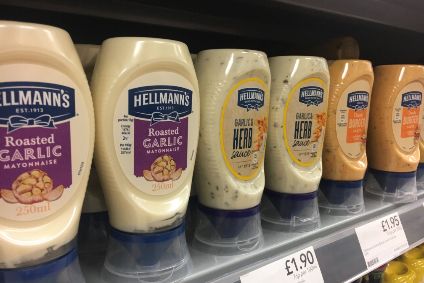
UK shareholders in Unilever have joined counterparts in the Netherlands in voting to approve the unification of the legal structure of the FMCG giant under a single entity listed in London.
The approval by the two groups of shareholders (Dutch investors passed the resolution on 21 September) for the cross-border merger clears the way for the High Court of Justice in the UK to rubber stamp the move at a hearing slated for 2 November. If successful, unification is expected to be completed on 29 November. Trading in the new Unilever Plc shares is then expected to commence the next day.

Discover B2B Marketing That Performs
Combine business intelligence and editorial excellence to reach engaged professionals across 36 leading media platforms.
The Hellmann’s mayonnaise owner said in a statement late yesterday (12 October): “At the court meeting, a majority in number of Unilever Plc shareholders, who voted (either in person or by proxy) and who together represented over 75% by value of the votes cast, voted in favour of the resolution to approve the cross-border merger. The resolution was duly passed as a result. At the general meeting, the special resolution to approve the cross-border merger and provide for its implementation was also passed by the requisite majority.”
It continued: “Unilever is also pleased to announce that it has now received all relevant merger control, foreign investment and regulatory approvals in connection with the implementation of unification.”
Unilever has been owned through two separately listed companies, a Dutch NV and a UK plc, since its formation in 1930 but has operated as a single business unit through “complex agreements between plc and NV to maintain parity between economic rights of the respective shareholders”, the company said in a filing with the London Stock Exchange in June, when it confirmed the business was going ahead with the proposed cross-border merger.
The Marmite maker also said in June that its food and refreshments division, which generates 40% of turnover, would remain headquartered in Rotterdam, along with its research and development unit. The home care, and beauty and personal care business divisions, would continue to be located in the UK.

US Tariffs are shifting - will you react or anticipate?
Don’t let policy changes catch you off guard. Stay proactive with real-time data and expert analysis.
By GlobalData




